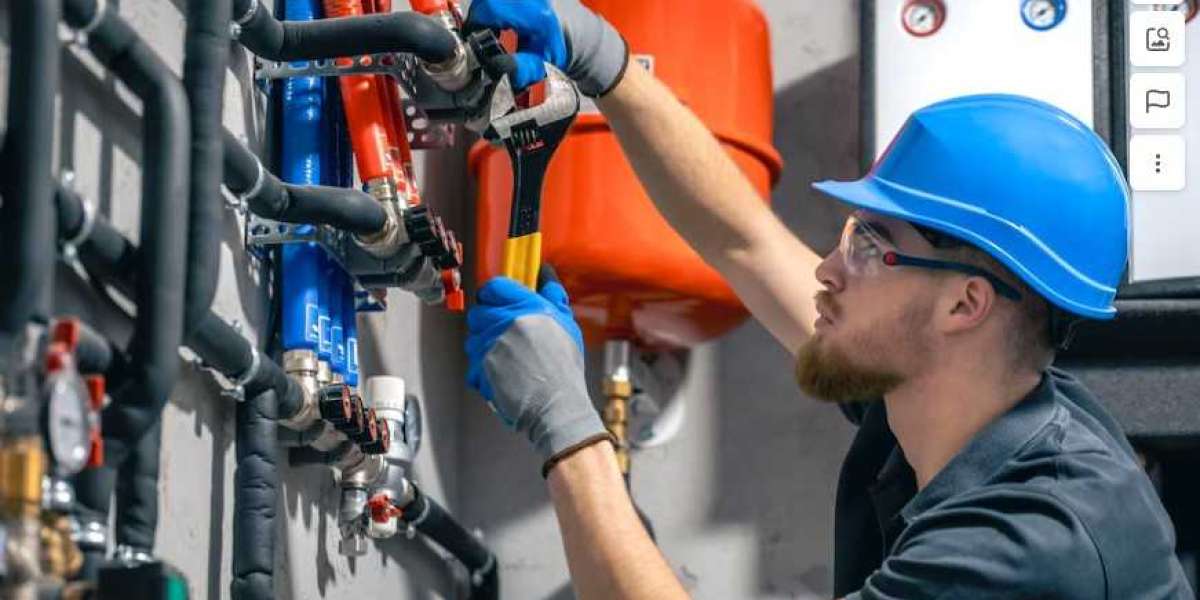A properly functioning water softener system is crucial for households dealing with hard water. These systems help eliminate minerals like calcium and magnesium that cause limescale buildup, reduce soap efficiency, and damage appliances over time. However, like any mechanical device, your water softener system needs regular upkeep and occasional repair to function efficiently. In this guide, we’ll explore everything you need to know about water softener system repair and water softener maintenance to keep your water quality top-notch and your plumbing in peak condition.
Why Water Softeners Fail
The most common issues that call for water softener system repair include clogged valves, motor failures, salt bridge formation, and resin tank issues. If you notice signs like hard water stains, decreased water pressure, or salty-tasting water, it’s time to inspect your system. A malfunctioning water softener not only affects water quality but can also lead to costly appliance repairs or replacements if left unchecked.
Routine Water Softener Maintenance Tips
Regular water softener maintenance can prevent most issues before they become serious. Here are a few essential tips to help you maintain your system:
- Check the Salt Level – The salt in your brine tank should always be above the water level. Make it a habit to inspect the salt level monthly.
- Clean the Brine Tank – A dirty brine tank can cause efficiency problems. Clean it once or twice a year by emptying the tank and scrubbing it with soapy water.
- Inspect for Salt Bridges – Salt bridges are hard crusts that form in the brine tank and prevent the system from regenerating properly. Gently break them up with a broom handle.
- Use High-Quality Salt – Avoid cheap salts that contain impurities. Pellet or solar salt is typically recommended for long-term system health.
- Resin Bed Cleaning – Over time, the resin bed can get fouled by iron or other contaminants. Use a resin cleaner every few months to keep it in good condition.
- Schedule Professional Inspections – Even with DIY care, it’s wise to have a professional check your system annually to catch hidden problems.
When to Call for Water Softener System Repair
While basic water softener maintenance can be done at home, certain issues require professional help. Call a technician if your system is:
- Constantly regenerating or not regenerating at all
- Leaking or making unusual noises
- Showing error messages on the control panel
- Producing water that still feels hard or has a foul odor
A certified technician will have the tools and knowledge to accurately diagnose the problem and restore your system’s functionality.
Conclusion
Consistent water softener maintenance and timely water softener system repair are key to extending the life of your unit and maintaining the quality of your water. With a proactive approach, you can prevent costly breakdowns, save on utility bills, and enjoy all the benefits of soft water. Whether you're a seasoned DIYer or prefer professional service, taking care of your water softener is a smart investment in your home’s comfort and efficiency.











